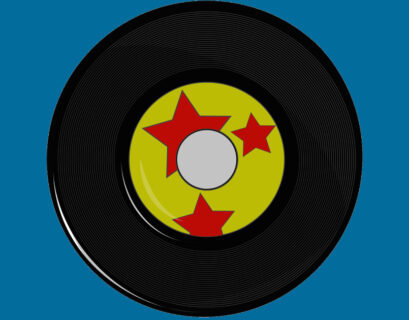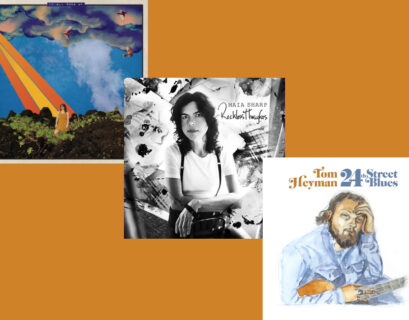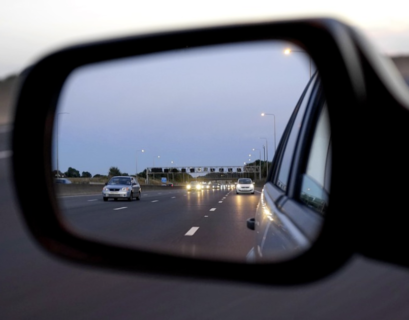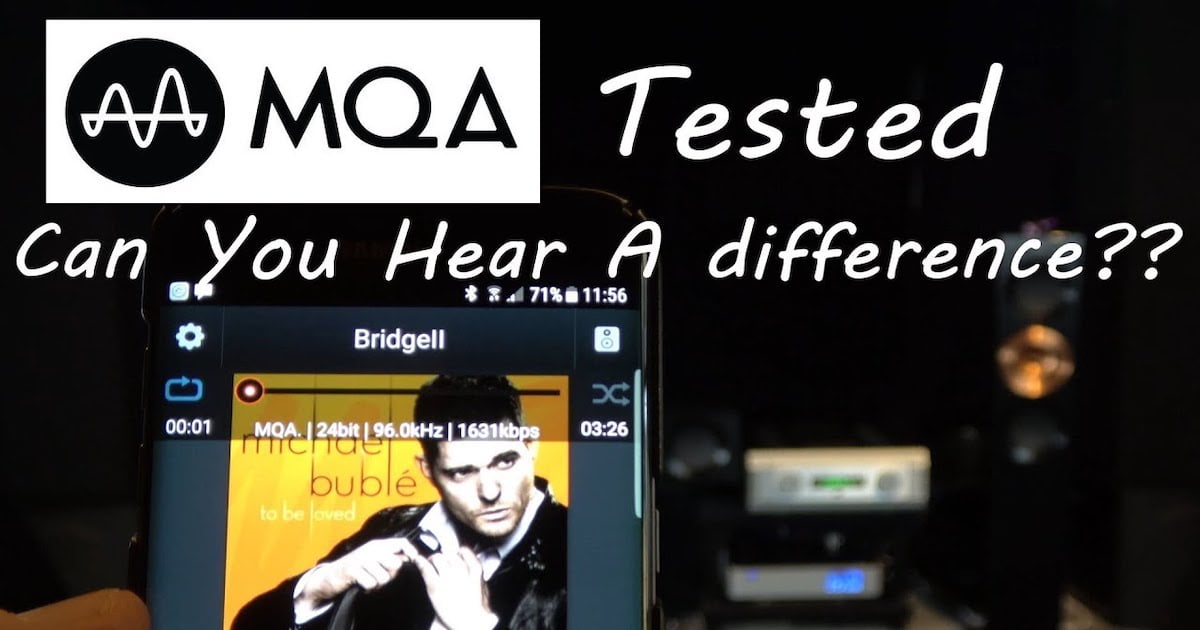It’s the time of year for saving money!
When Steve Jobs and Apple first began developmental work on the iPod, their goal was a device to fit into a shirt pocket and hold 1000 songs. Such was a worthy goal; handheld devices of the day were often somewhat cumbersome and could only play a cassette or CD. One major hurdle was a way to make the hard drive small enough while holding the envisioned amount of music. To reduce the file size of each song, Apple turned to a recently introduced digital code – MP3.
Initially released in 1993, MP3 was the third digital audio format of the MPEG-1 (Audio Layer III) code. In very simple terms, MP3 reduces digital file size by lossy data compression. In other words, it strips musical files of much of their very body and soul. Steve Jobs seized upon MP3 in the development of the iPod because it enabled his initial goal of 1000 or more songs on a shirt pocket sized device. Never mind sonics. Lossy music delivers a musical experience I like to call the skin of the snake. Combine low resolution with a poor playback format and presto, inferior quality music awaits.
Now, many years later, handheld devices have become ubiquitous and are exceedingly commonplace. As their use became more widespread, Mp3, called a “lossy” format, became the de facto standard for compressed music. This format has grown alongside the rise of digital music and what is today’s de facto standard – streaming.
As streaming grew in popularity, handheld device manufacturers needed to add more features to what arguably began as a telephone. Music was one such feature. MP3 became the default code for musical playback on a smartphone.
No one, save for audiophiles, cared about sound quality. While Pandora and Spotify added subscribers at a frenetic pace, audiophiles continued to play CD’s. Then came Tidal. And the audiophile world changed – maybe forever.
Today, we have a veritable smorgasbord of streaming services. In addition to the two main services, Apple, Amazon and You Tube are also very popular. Additionally, there are lesser used services such as SunCloud, Primephonic and iHeartRadio.
At a minimum, they all offer pretty much the same thing, a less than CD, or lossy quality streaming service for somewhere between free (at seriously compromised quality levels) and some sort of paid plan.
When MQA was developed, it was first introduced to the audiophile market. While it has become far less controversial today than when initially announced, it is still not without controversy. MQA is viewed by some as an inferior lossy format and by others as a superior musical experience. I really believe MQA was intended all along as a replacement for a lossy format on smart devices. But that’s another story.
Also concurrently taking place were vast improvements and miniaturization in hard drives. Likewise, other digital codes were introduced by streaming services allowing larger file sizes on handheld devices, yet still a lossy format. Device manufacturers, however, have not rested on their laurels. Smartphones can now play a wide variety of formats, both lossy and “lossless,” or CD quality.
Recently, Spotify announced they would be coming out with a CD quality streaming service. Well, well – add another name in the hat. It seems CD quality is becoming a more popularized way to play music. Are we, could it be we are seeing a seismic shift in the quality level of streamed music? Is the lossy format on the way out and something better on the way in? If so, are audiophiles to thank for this?
I’ll admit, thanking audiophiles might be somewhat of a stretch. However, with an increasing number of services advertising “CD QUALITY” at inexpensive monthly fees, does it not make sense someone is finally thinking about sound quality? Or is this perhaps a marketing ploy?
Audiophiles, not surprisingly, are looking beyond simple CD quality. We want something better. Tidal offers MQA, Qobuz has high definition and both sites have very affordable subscription plans and costs. Why are these features demanded? Simple. We want quality. We want the whole snake, not just the skin.
I would like to speculate that the audiophile hobby is rubbing off on everyone outside the hobby. We audiophiles, we humble audiophiles, are enriching and making everyone’s musical experience better. Because we actually care about sonics, we are making it possible for everyone to hear music presented more closely to how it was recorded.
Yeah, that’s probably a stretch.
We cannot, however, deny that Spotify and Pandora are still two services with millions of subscribers. Add that to the rest of the less than CD level providers and there are many millions of people listening to music every day. Most of them are doing so at less than CD quality. As it is right now, almost all of them doing so on a smart device are listening with an MP3 or other type of lossy formatted phone or tablet.
Could Spotify’s adaptation of a CD quality service signal the beginning of the end of the lossy format and an adaptation of lossless? Will companies making smart phones and tablets standardize on a lossless level format? MQA is currently available on handheld devices but has in no way supplanted MP3 or any other lossy format. Will something else eventually become the de-facto standard? Will non audiophiles realize a betterment of their musical experience while using their iPhone?
Here’s a way out there question: will the audiophile hobby actually realize growth because these “average” listeners will want to hear music with superior sound?
Yeah, that’s probably a stretch as well.
Whatever happens remains to be seen. With Spotify offering CD quality streaming, you can bet the rest soon enough will also. Amazon already does, in fact, they even offer HD. The world is starting to pay attention to the quality of their musical presentation. My hope is that some of them might wander into that nice green field we call audiophilia. Maybe a few converts await.
Whatever happens, it’s a bad time to be a snake.



















